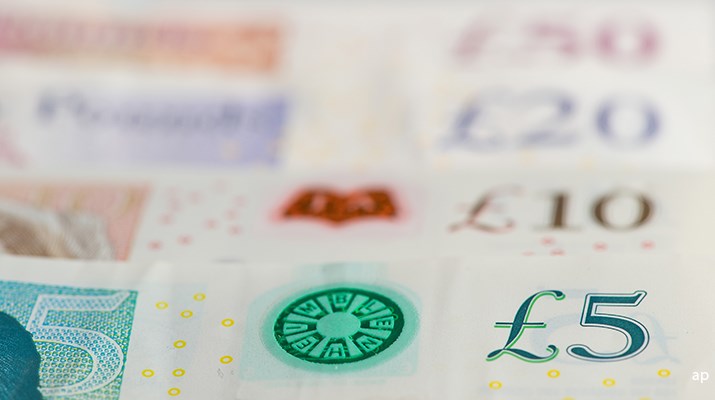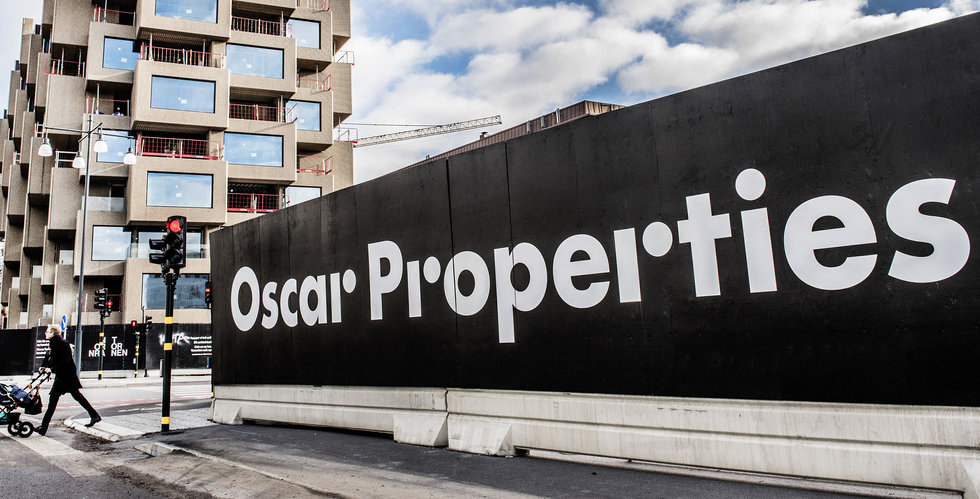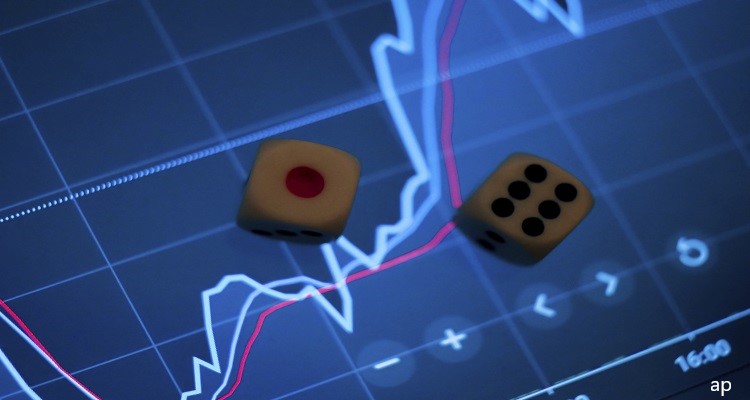
With world stock markets in having their worst month since 1987 in March, it’s not surprising to see a further spike in yields since our last update on the FTSE’s highest yielding dividends. A raft dividend cuts have been announced in recent weeks and 2020 is expected to a year to forget for income investors.
While equities have come off their March lows, more than half of the companies on our list are now rated five stars by Morningstar analysts, which means they are significantly undervalued. Six months ago, just four of the 20-strong list had a five-star rating.
Cruise firm Carnival (CCL) has shot to the top of our list this month as the company continues to battle the fallout from the coronavirus crisis. Its yield of 16.46%, which should raise serious concerns among dividend investors, has come about because of a sharp sell-off in the company’s shares; they started the year at £36.48 before the Covid-19 crisis, and are now languishing below 900p, a staggering 75% fall.
As the world’s biggest cruise company, Carnival has been caught up in the existential crisis surrounding the travel industry. The firm suspended its dividend at the end of March but Morningstar analyst Jaime Katz thinks the company has enough cash to survive a 12-month freeze in cruises and could return to growth in 2021.
Carnival’s move has dislodged tobacco company Imperial Brands (IMB) from the number one spot for the first time since September 2019. Imperial’s 12% trailing yield and 17% forward yield would usually be red flags for investors, but it paid its 2019 dividend at a time when many companies were suspending their own pay outs.
The eagle-eyed will spot an additional column in this month’s table, as we highlight which companies in the list have already made changes to their payout – this includes cuts to future dividends, and suspension or cancellation of expected payments from last year. While many more firms are expected to do this, a good proportion of the names on our list have not made public any changes. Vodafone (VOD), for example, already announced cuts to its income payments last year.
Other notable names not to cut include oil giants BP (BP.) and Royal Dutch Shell (RDSB) despite facing a double whammy of a “price war” between Saudi Arabia and Russia and expected slump in oil demand from lockdown. Their yields are near 10% though, which many would see as an unsustainable level. But Morningstar analyst Allen Good argues that BP and Shell can ride out the current crisis without cuts.
There are a number of new companies joining the list this month, including aeroplane engine maker Rolls-Royce (RR.), whose shares have been hit by the weakness in the aviation industry.
Looking ahead, yields could start to come back down as dividend cuts start to take effect and if share prices continue to recover.
|
|
|
Trailing |
Forward |
Economic |
Star |
Dividend |
|
Stock |
Ticker |
Yield % |
Yield % |
Moat |
Rating |
Cut? |
|
Carnival |
CCL |
16.46 |
|
Narrow |
5 |
Yes |
|
Imperial Brands |
IMB |
12.41 |
17.3 |
Wide |
5 |
No |
|
BT |
BT.A |
12.24 |
12.24 |
Narrow |
5 |
No |
|
WPP |
WPP |
10.47 |
|
Narrow |
5 |
No |
|
Royal Dutch Shell B |
RDSB |
9.99 |
9.89 |
Narrow |
5 |
No |
|
BP |
BP. |
9.65 |
9.72 |
Narrow |
5 |
No |
|
SSE |
SSE |
7.38 |
7.38 |
Narrow |
3 |
No |
|
British American Tobacco |
BATS |
6.78 |
6.97 |
Wide |
5 |
No |
|
Vodafone |
VOD |
6.75 |
6.75 |
Narrow |
4 |
No |
|
Meggitt |
MGGT |
6.00 |
|
Narrow |
5 |
Yes |
|
HSBC |
HSBA |
5.52 |
|
Narrow |
4 |
Yes |
|
GlaxoSmithKline |
GSK |
5.18 |
5.96 |
Wide |
4 |
No |
|
BAE Systems |
BA. |
4.20 |
5.13 |
Wide |
3 |
Yes |
|
Johnson Matthey |
JMAT |
4.38 |
4.38 |
Narrow |
4 |
No |
|
Pearson |
PSON |
3.74 |
3.74 |
Narrow |
5 |
No |
|
Smiths Group |
SMIN |
3.71 |
|
Narrow |
5 |
Yes |
|
Unilever |
ULVR |
3.46 |
3.37 |
Wide |
4 |
No |
|
Rolls-Royce |
RR. |
3.34 |
Narrow |
4 |
Yes |
|
|
AstraZeneca |
AZN |
3.07 |
3.07 |
Wide |
3 |
No |
|
Bunzl |
BNZL |
2.98 |
|
Narrow |
5 |
Yes |
How We Select Companies
Morningstar.co.uk has filtered 20 income shares using a range of criteria to determine which are the highest dividend paying stocks on the UK stock market, which still look sustainable.
Each income stock must have an “economic moat”, which means that the company has a sustainable competitive advantage; only stocks with a “narrow” or “wide” moat make the cut. We then add in the Morningstar Star Rating, which indicates whether the company’s shares are trading below or above their fair value.
We also look at the historic yield (trailing 12 months) and compare that with the forward yield.
Another filter is then added to screen for those companies whose five-year dividend yield is less than 15%. This adds an element of consistency – for example, a one-off special dividend would skew the yield in one year to an artificially high level – and remove companies whose share price plunge has pushed the yield up significantly.
There is an inverse relationship between share prices and yield – the dividend yield on a company will rise when the share price falls and vice versa. That’s why the top 10 on our list is dominated by companies with a Morningstar Rating for Stocks of 5 and 4 stars, which means analysts think they are trading below their fair values.











.jpg)










